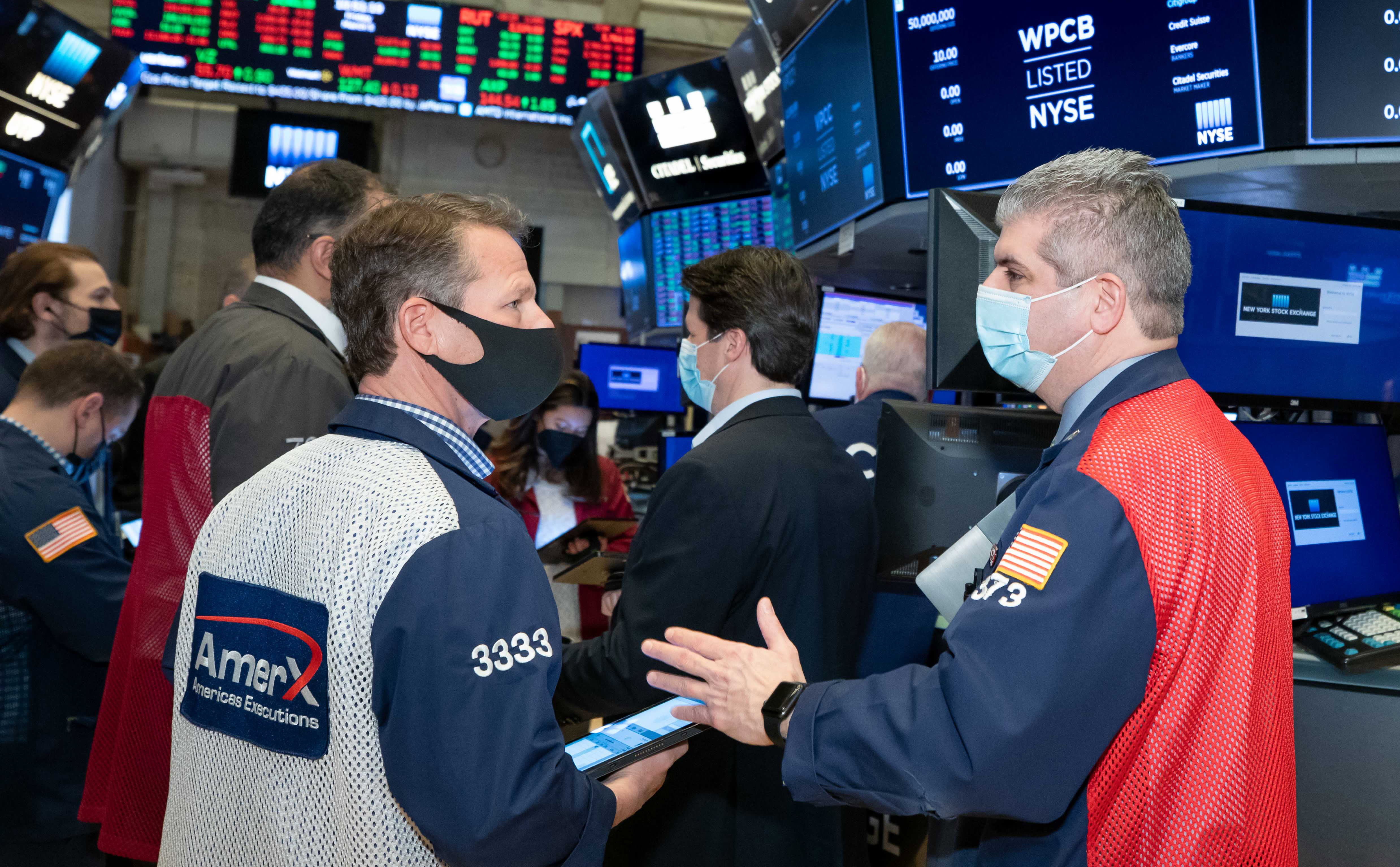10-year yield rises slightly amid report showing jump in inflation

The 10-year U.S. Treasury yield rose slightly higher Friday after a jump in a key data indicator of inflation.
The yield on the benchmark 10-year Treasury note rose 2.3 basis points higher to 1.51% at 10:30 a.m. ET. The yield on the 30-year Treasury bond rose 3.8 basis points to 2.132%. Yields move inversely to prices and 1 basis point equals 0.01%.
The Commerce Department reported core personal consumption expenditures price index rose 3.4% in May from a year earlier, as expected. The PCE index reflects the changes in the prices of goods and services. It is also generally considered a wider-ranging measure for inflation as it captures changes in consumer behavior and has a broader scope than the Labor Department’s consumer price index.
That gain represents the biggest in almost 30 years, which could increase inflation concerns. Nevertheless, yields have largely held in place this week as investors start to believe Fed officials, who have maintained they see the current heightened inflation as transitory and likely to come down as conditions return to normal. The 10-year yield ended last week at 1.44%.
U.S. consumer sentiment rose in June, according to the University of Michigan’s June consumer sentiment index, released Friday morning. The index increased to 85.5 from 82.9 in May. Consumers also expect inflation to rise 4.2% over the next year, and prices to rise 2.8%, compared to 3% last month, according to the report.
Meanwhile, President Joe Biden announced Thursday that the White House had struck an infrastructure deal with a bipartisan group of senators. The lawmakers have worked for weeks to craft a roughly $1 trillion package that could get through Congress with support from both parties. The framework will include $579 billion in new spending on transportation like roads, bridges and rail, electric vehicle infrastructure and electric transit, among other things.
Stephen Isaacs, investment committee chairman at Alvine Capital, told CNBC’s “Squawk Box Europe” that he was currently more focused on central bank policy as a market driver, particularly as Federal Reserve Chairman Jerome Powell’s term comes to an end in January.
Isaacs said he was “pretty confident” that the “least controversial” and consensus choice would be to re-nominate Powell. He explained that presidents tend to signal their nomination in August or September.
Ahead of this, Isaacs believed central bank policy would remain “quite muted,” but once there was an indication that Powell would be re-nominated, he said the “fireworks will come.”
There are no auctions scheduled to be held on Friday.
— CNBC’s Maggie Fitzgerald contributed to this market report.




